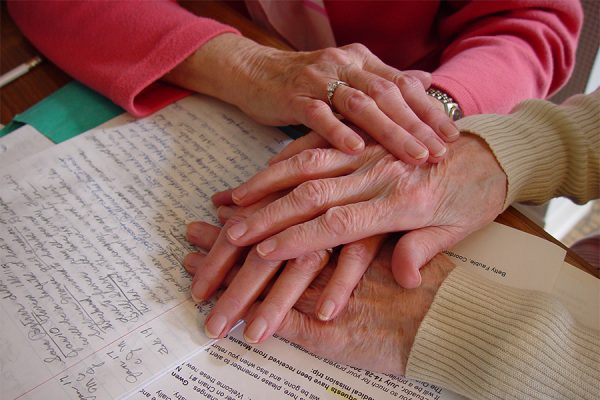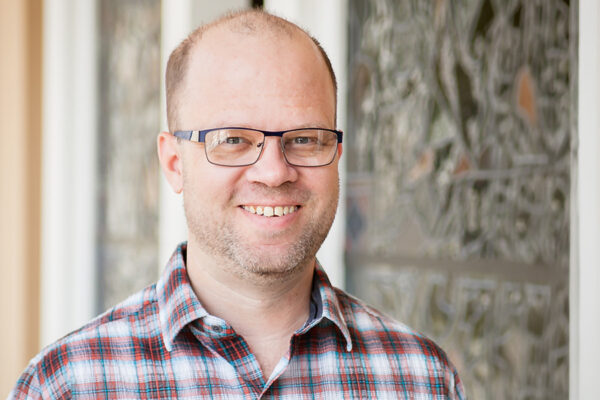Harboring others
While most of us were rolling over on the couch the day after Thanksgiving, or lining up outside a big box store to land a deal on a vacuum cleaner, a church community in Durham, North Carolina was struggling mightily. One of its own, an undocumented man named Samuel Oliver-Bruno, who had been living in sanctuary at the church for the past year, was seized by Immigration and Customs Enforcement officials. While the Department of Homeland Security had advised him to follow legal recourse and be fingerprinted at an immigration office, ICE authorities pounced on him when he followed that advice. They summarily deported him within the week, leaving his family behind and ending more than 20 years of U.S. living.
As communities and officials of all faiths and politics in the U.S. continue to search for humane ways to deal with migrants and refugees – sometimes failing miserably – I try to think of exactly what it’s like to harbor someone whom you really care about. What’s it like to provide safety for someone who is undocumented or unwanted? For most of us, the wrestling match is intense between our respect for the laws of the government, and our respect for the human rights and dignity of children and their parents.
I think of the church community in Le Chambon, France, during the 1940s where parishioners followed Pastor Andre Trocme by hiding thousands of Jews from French authorities, often falsifying their I.D. papers to save them. Or, I think of Americans who stood up to the Fugitive Slave Law of 1850 requiring all escaped slaves, upon capture, be returned to their masters. This federal law punished officials who did not cooperate in arresting runaway slaves. Any person who followed their conscience or faith convictions above the law, by aiding a runaway slave with food or shelter, was subject to six months’ imprisonment and a $1,000 fine. Slaves weren’t granted citizenship until 1868 and, even then, outlawing discrimination and affording full protection under the law would take another 100 years.
Church communities have often been the saving grace of those whose lives aren’t protected by the law, but who rely on others holding deep respect for their intrinsic human worth. In the Netherlands right now, one church in the Hague has been providing sanctuary for an Armenian family fearing political reprisal for their activism back home. After nine years in the country, a Netherlands court had granted the Tamrazyan family asylum, but government authorities, after three appeals, won a ruling to deport them. Taking advantage of a Dutch law barring authorities from entering a church during worship, the pastor and congregation have been worshiping continuously since October 26. Twenty-four hours a day, six weeks and counting, hundreds of community volunteers and regional clergy have been involved.
I have no idea how the Dutch church situation will conclude, any more than I have genius about how to handle the case of every individual refugee and immigrant in our country. But I am impressed by how much Bible reading, praying, and preaching must be going on in that one Dutch community. It sounds rather holy.
-Peter W. Marty, senior pastor




